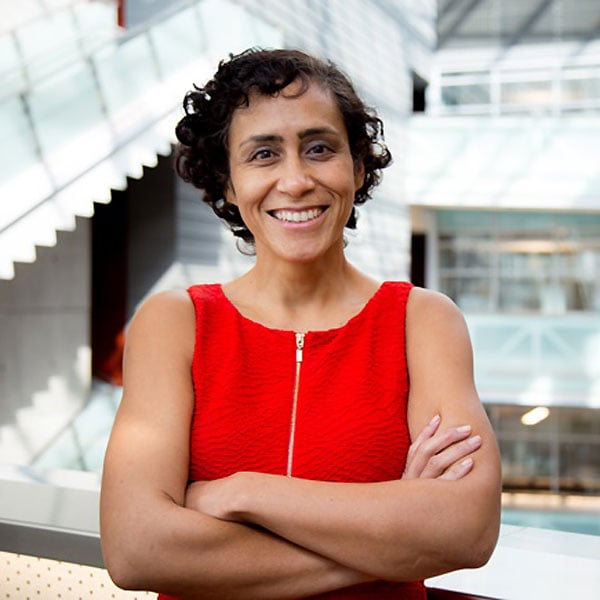I work as a research coordinator for the Cancer Prevention and Research Institute of Texas’ Therapeutic Antibody Core at the University of Texas Health Science Center in Houston. My work focuses on science communication, particularly in communicating the results of research on the development of therapeutic antibodies targeting cancer and infectious disease.
The connectedness of science and policy first came to my attention when I was a graduate student and supported the application of one of my colleagues to get a green card through the National Interest Waiver program. The idea that scientific collaboration had the power to transcend international differences stoked my lifelong dream to experience the adventure of living and working outside the United States.
After completing a PhD in biomedical engineering from the University of California, Irvine, I took the opportunity to fulfill this lifelong dream, interviewing for postdoctoral research fellowships in other countries and finally taking a position at the National University of Singapore. The next step in my career path was as an assistant professor at the University of Tsukuba in Japan. Opportunities to participate in collaborations with international scientists are still the most amazing opportunities in my life. Science makes such international collaborations much more likely, because science objectives are humanity’s objectives and are best served by collaboration among nations instead of competition.
An important milestone in my career occurred following the Fukushima nuclear emergency. At the time I investigated the effects of environmental radiation on human stem cells, identifying the knowledge gap and establishing collaborations with experts and community members. We developed protocols and a community health risk management syllabus, completed experiments, and conducted a short course on radiation safety. The project gave me a better appreciation of the limitations of science alone to address community problems. Connecting science to policy was necessary to use science to help communities address challenges on a larger scale.
The biggest challenges I've encountered in my career have been transitions that were longer than I would have liked. I applied for science policy fellowships and got to the first interview several times. However, I never got an offer, likely due to my lifelong struggle with oral communication. Active participation in activities with groups such as the Union of Concerned Scientists and the Association for Women in Science (AWIS) has been incredibly helpful in addressing these challenges. Fellow members of these organizations have been able to connect me to both short-term and long-term opportunities and resources. The Union of Concerned Scientists has helped me contribute to causes important to me by their Fast Action summaries, by introducing me to the local environmental justice group, , t.e.j.a.s., in 2016 Houston events, and through an environmental justice meeting in Minnesota’s twin cities.
Family have also been a big help. For example, my sister Vailala introduced me for a position as an advisor to the Permanent Mission of Palau to the United Nations and hosted me while I worked for them at UN headquarters in New York City. While there, I met a member of the United Nations Scientific Advisory Board and assisted with a science-policy interface research project, contributing information on theory and best practices to align policymaking with sound scientific research. A professor at the University of Massachusetts, she supported me to revise my article on challenges and opportunities for international research in radiation effects for publication in the University of Massachusetts Governance and Sustainability Brief Series later this year.
I strive to remain active in community groups, for example my local chapters of AWIS supporting career development and networking events. These events help members get recruited, collaborate with each other, build informal fellowship, and boost confidence and leadership skills through service. I’m also networking with local science policy professionals to develop my experience in this field. It’s my new dream that these efforts will lead to further work, even a career, in science policy. On a deeper level, I strive to follow advice I once received; “Create a work life, career, and self-concept that support you. Take time regularly to acknowledge, celebrate, and support the passions and talents that have brought you fulfillment so far.”
